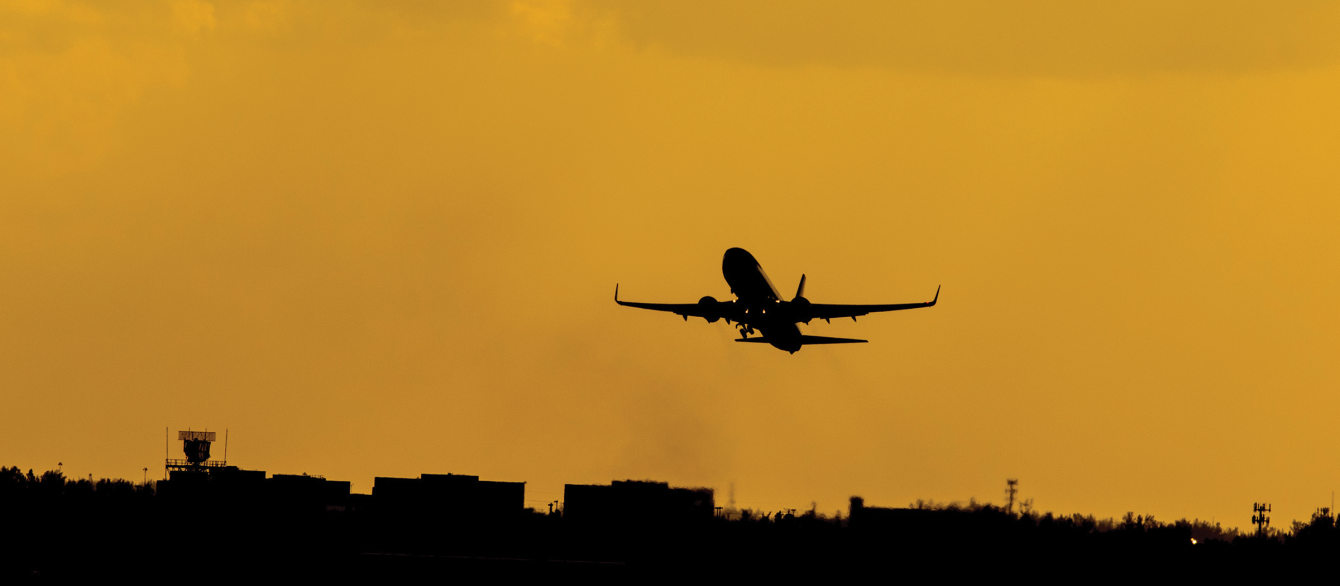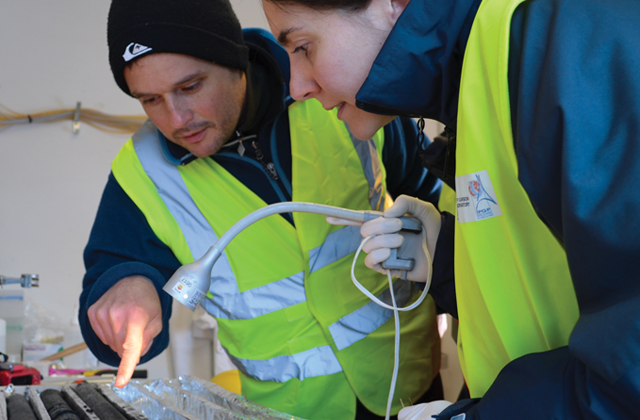How will global warming affect travel delays?

As global warming causes temperatures to soar, it may also cause more and more planes to be grounded. Columbia researchers have completed a study that predicts warmer temperatures could lead to extensive delays in commercial and cargo flights.
When temperatures rise, air becomes thinner, making it harder for wings to generate lift as planes attempt to leave the runway. Average global temperatures are expected to increase as much as 5 degrees by 2100, and daily highs at airports are projected to go up 7 to 14 degrees by 2080. During the hottest parts of the day, 10 to 30 percent of fully loaded planes may have to reduce fuel, cargo, or passengers, or else wait for cooler hours to fly. Such delays would have major logistical and economic effects.
At the current rate of global warming, weight will have to be reduced by as much as 4 percent on the hottest days, equal to 12 or 13 fewer passengers on an average 160-seat plane. Aircrafts with lower temperature tolerances will fare even worse, and airports with shorter runways, in hotter parts of the world or at higher elevations, where the air is already thinner–will suffer more.
Besides reducing carbon emissions to reduce global warming, some effects could be mitigated with new plane designs and expanded runways. But modifications would come at a cost, as aircrafts are already highly engineered for efficiency; and expanded runways in densely packed cities such as New York are not an option.
“The sooner climate can be incorporated into mid- and long-range plans, the more effective adaptation efforts can be,” said Ethan Coffel, a researcher at the Lamont-Doherty Earth Observatory and lead author of the study. Learn more.
Make Your Commitment Today




